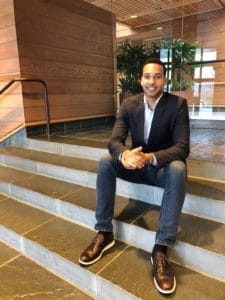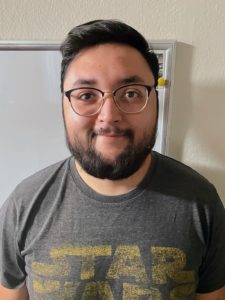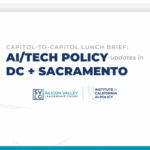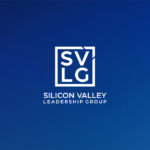

Angel Gonzalez works two part-time jobs and takes a full course load in aerospace engineering at Los Angeles Valley College (LAVC). He’s driven—and breaking-point busy.
Gonzalez’ responsibilities rival his ambitions, so he welcomes support to help reach his goals. At LAVC, he is a part of Puente, a student success center that helps Latinx students bridge the gap between community colleges and four-year universities. This spring, when he noticed a Puente posting for on-demand career mentorship, he signed up without hesitation.
Gonzalez soon found himself deep in conversation with Charles Mackin, who works on hardware for Artificial Intelligence at IBM Research and holds a Ph.D. from MIT in Electrical Engineering and Computer Science. Their discussion covered scheduling, course selection, and engineering career paths.
“I took pretty much everything he said to heart,” Gonzalez said.
***
Gonzalez and Mackin are part of Career Horizons, a statewide, online mentorship initiative that the Silicon Valley Leadership Group (SVLG), the Bay Area Council (BAC), and Valley Vision started in 2021. The program pairs professionals with Black and Latinx community college students for one-on-one career guidance meetings. The goal: expand Black, Indigenous, and people of color (BIPOC) students’ professional networks and career horizons.
SVLG, BAC and Valley Vision worked with Umoja and Puente, the lead organizations serving Black and Latinx students in California community colleges, to co-design the program and serve as trusted intermediaries to students. In 2022, year two, 133 students from 33 community colleges signed on, and 204 professionals from 46 companies stepped up to volunteer their time.
“We received an overwhelming response from employees of our member companies who wanted to help guide students,” said David Palter, Senior Director of Education and Workforce Development at SVLG, “and we were excited to support in a way that worked for students. In our post-program survey, 95% said they’d recommend it to their peers.”
***
When Mackin received an email through IBM offering the opportunity to mentor online, he jumped on the opportunity to give back. The program was self-guided, with an introductory video and slide deck for mentors letting them know what to expect, and an online toolkit for students with tips on how to get the most out of their meeting.
“A lot of people have volunteered their time and energy for me along the way, so it’s nice to do the same for someone else,” Mackin said.
***
Gonzalez is a prime example of how the typical modern college-to-career path may meander, looking less like a ladder than a maze. He started at Santa Monica Community College, but because it was a long commute on public transportation and a less than perfect cultural fit, he transitioned to LAVC.
Now at home in his new school, part of his career-counseling conversation with Mackin consisted of logistical advice. For example: would the credits he was earning be recognized by other institutions if he transferred?
Mackin also provided perspective on the employment landscape, which is vital for students choosing a field based on their interests but with little knowledge of what awaits them after graduation.
According to Palter, the importance of this sort of advice can’t be overstated. Counseling of any kind is in short supply for California students, with student-to-counselor ratios at 527:1 in high schools and 563:1 in community colleges. And SVLG focus groups with students have suggested that the counseling programs in place aren’t always connecting.
The two discovered a common thread in their studies, engineering, and Mackin informed him about different fields, like electrical engineering, that might have more career opportunities than aerospace.
Mackin could see that Gonzelez was balancing several priorities that made it difficult to fully focus on his academics. Gonzalez attends school in the mornings until noon, then works tutoring math for several hours. If he has time, he works with his father at a building maintenance company; and if he can’t manage it on school days, he does the maintenance work on his days off.
As he balances school and work life, Gonzalez has been worried about grades in some of his classes. Mackin encouraged him to lighten his load, manage his stress, and keep an eye on the big picture.
Gonzalez, who participated in the interview for this piece while replacing light bulbs on his “day off” at the maintenance company, recognized the immediate value of Mackin’s advice. “He helped me realize that it’s ok. I just have to know that whatever I’ve been going through this year, I just need to figure out a schedule and how to keep that from happening again. The big thing I learned from him—knowing how much to put on my plate.”
***
Gonzalez feels confident that with all his hard work, he will eventually end up in a great engineering job like Mackin.
“The amount of effort I’m putting into this won’t be lost in a boring job,” he said. “I’ll find something I really like to do, and it’ll all be worth it.”



